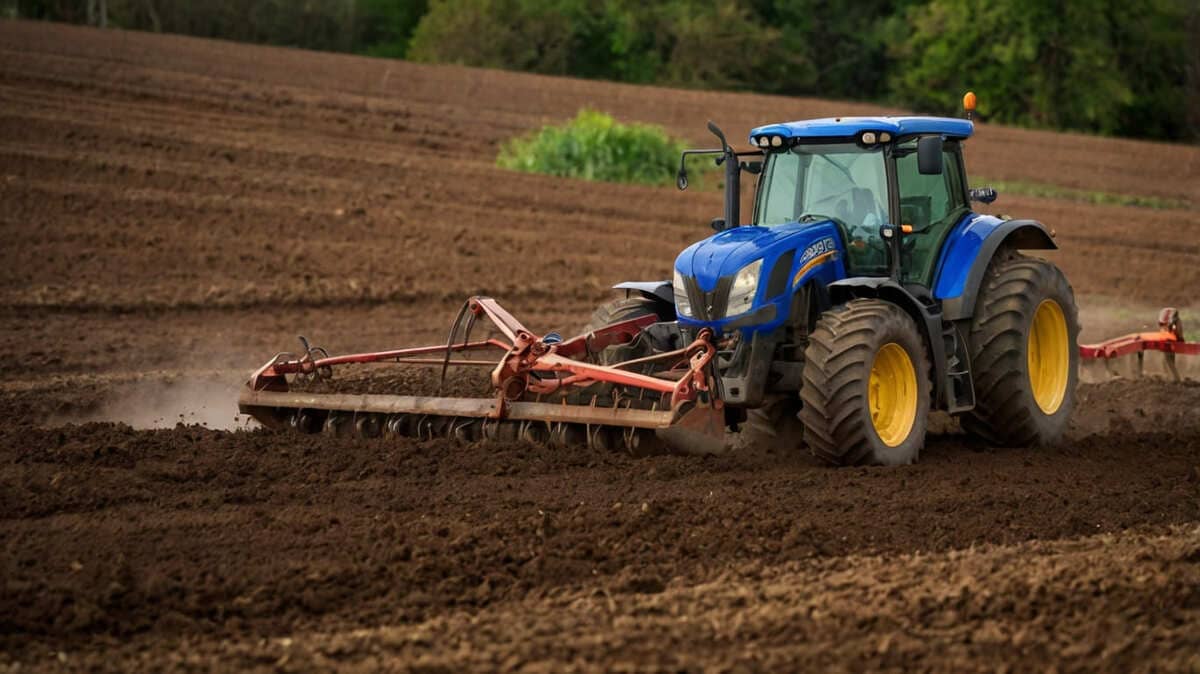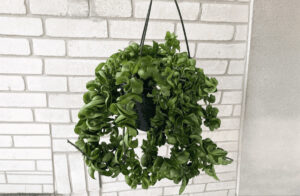
In a controversial move that could reshape the future of agriculture in Europe, the European Union has unveiled plans to decouple food production from soil dependency. This ambitious initiative, part of the broader European Green Deal, aims to address the critical state of soil health across the continent while revolutionizing the way food is produced.
The urgency of the situation cannot be overstated. According to recent studies, a staggering 60 to 70% of soils in the EU are currently classified as unhealthy. Even more alarming is the annual loss of one billion tonnes of soil due to erosion, rapidly depleting the remaining fertile top layer. The economic impact of this degradation is estimated at over €50 billion per year, underscoring the need for immediate action.
To combat this crisis, the EU has proposed its first-ever legislation on soils. This groundbreaking proposal introduces a harmonized definition of soil health and establishes a comprehensive monitoring framework. By combining data from various sources, including the EU’s Land Use and Coverage Area frame Survey (LUCAS), Copernicus satellite imagery, and national and private datasets, the initiative aims to create a holistic picture of soil conditions across the continent.
The ultimate goal is ambitious yet clear: to achieve healthy EU soils by 2050, aligning with the EU’s Zero Pollution ambition. This objective, however, comes with its own set of challenges and controversies.
Farmers and economic stakeholders have raised significant concerns about the potential impacts of the European Green Deal on their livelihoods. The transition to more sustainable practices is expected to result in higher operational costs, as farmers may need to invest in new technologies and methods. Additionally, stricter regulations on pesticide use and increased organic production targets could lead to reduced profit margins and market competitiveness for European farmers.
Critics argue that these changes could disproportionately affect small farmers, who may struggle to adapt to new regulations compared to larger agribusinesses. There are also concerns about potential supply chain disruptions and a possible decrease in overall food production, which could threaten food security in the region.
Despite these challenges, proponents of the initiative argue that decoupling food production from soil dependency is crucial for long-term sustainability. The Green Deal sets ambitious targets for organic farming, aiming for 25% of EU agricultural land to be dedicated to organic production by 2030. This shift is expected to reduce reliance on chemical fertilizers and pesticides, promoting healthier soil ecosystems.
“It’s a scam. The objective isn’t to get the farmers to behave in an organic, responsible, ecologically apposite manner. Far from it. It’s in order to bankrupt the farmers so that their land can be grabbed.”
Russell Brand
Moreover, the proposed soil monitoring law is designed to empower farmers with data-driven insights, enabling them to manage soil resources more sustainably. The initiative also promotes a shift towards healthier diets with lower consumption of animal-based products, potentially reducing pressure on agricultural systems that heavily rely on soil for livestock feed.
It’s worth noting that the European Green Deal extends beyond agricultural practices. The initiative is designed to influence consumer behavior significantly through economic incentives (and removing alternative choices). As carbon pricing (i.e. taxes) increases the cost of carbon-intensive products, consumers may be nudged towards greener alternatives, driving a broader shift in purchasing decisions (mainly because alternatives are too expensive). Many critics argue that this new EU law is merely a pretext to control, restrict and micromanage every intricate detail of your life—making you utterly dependent on the state for your survival—under the guise of “saving the planet”.
While the path forward may be challenging, supporters of the initiative argue that the long-term benefits of healthier soils and more sustainable food production systems far outweigh the short-term difficulties. As the EU moves forward with this ambitious plan, the world watches closely, recognizing that the success or failure of this initiative could have far-reaching implications for global agriculture and environmental policies.
RELATED: Why Eco-Friendly Solutions Are Just Clever Marketing, Scientists Say
As this story continues to unfold, it’s clear that the EU’s efforts to decouple food production from soil dependency will remain a topic of intense debate and scrutiny in the coming years. The balance between environmental sustainability, economic viability, and food security will undoubtedly shape the future of European agriculture and beyond.







